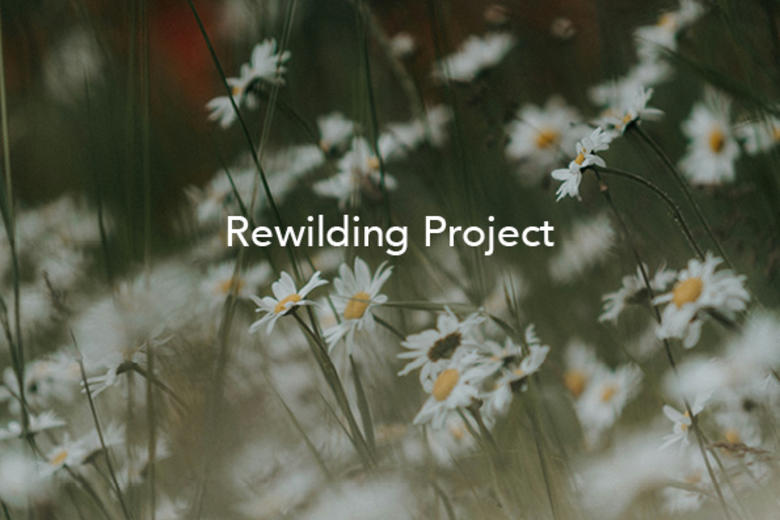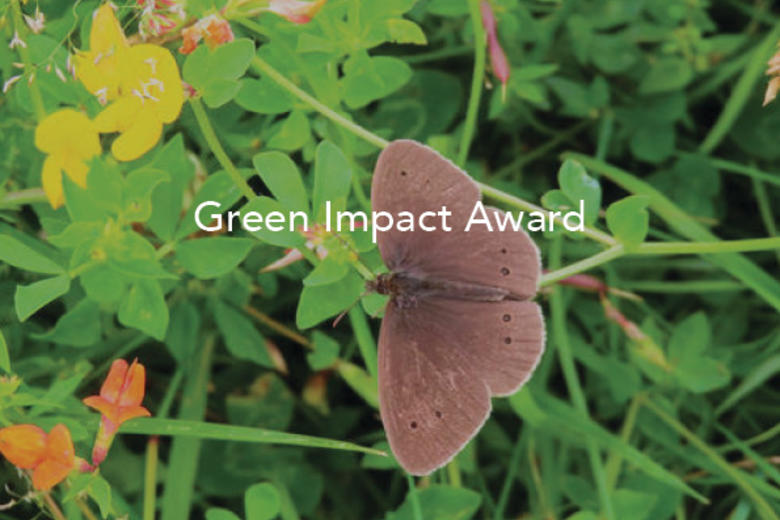GLAM Environmental Sustainability
GLAM supports the University of Oxford’s Sustainability Strategy, which sets two ambitious targets: to achieve net zero carbon and to achieve biodiversity net gain, both by 2035.
Our initial focus across the Gardens, Libraries and Museums has been the development of a net zero carbon strategy. The strategy helps us understand our current footprint, set specific measurable targets and develop action plans for the next two years. The strategy was completed in July 2024 and we are now working to take forward our plans.
- Environment Sustainability Network – We have formed a GLAM Sustainability Network, open for all staff to join. The network brings together over 100 colleagues to share findings, celebrate successes and focus on specific areas, such as building ongoing staff engagement.
- Staff portal – We have created a sustainability portal for staff, with advice on how individuals can action change in their working routines.
- Carbon Literacy Training – We have rolled out rounds of carbon literacy training with over 60 staff across GLAM being accredited as carbon literate. All new starters are offered carbon literacy training as part of their induction.
- Recycling – As well as providing recycling facilities across all of our GLAM sites, we also promote a range of recycling initiatives for specific materials such as nitrile gloves. The reuse of items across our sites is promoted through a recycling network called Warpit.
- Paper use – Any printed materials produced in GLAM now use FSC-accredited paper.
- Food and Drink – All of our GLAM venues now embed sustainability into their catering offering, for example, by offering Rainforest Alliance coffee, plant-based menus or working with local suppliers.
- Weddings – The Ashmolean Museum and the Bodleian Libraries are part of the Sustainable Wedding Alliance, supporting our teams in creating environmentally conscious weddings.
Initial focus across the Gardens, Libraries and Museums has been the production of a baseline carbon report and the development of a net zero carbon strategy. The baseline carbon report helped us understand our current footprint, while the strategy sets specific, measurable targets and action plans for the next two years. The strategy was completed in July 2024 and implementation is now underway. We are also starting working to deliver against our biodiversity net gain target.
Our work focusses on:
- Carbon Reduction Plans – Delivering actions to reduce emissions relating to our buildings, exhibitions, travel and how we purchase goods.
- Biodiversity Net Gain – Developing an approach to understand and reduce our footprint across our on-site and off-site operations
- Climate Risk and Adaptation – Build our approach to mitigate the impact of climate change on our audiences, staff, collections and buildings
- Sustainability Data – Improve the quality and availability of data to support increased targeting of action and to measure progress against our goals
View our annual Environmental Sustainability Report for 2023-24.







